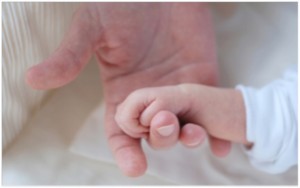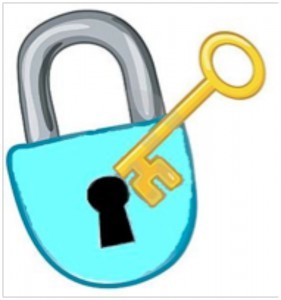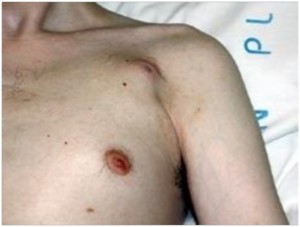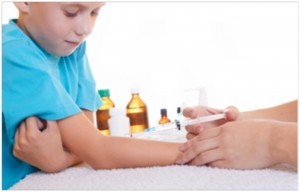From the moment your child is placed in your arms, you naturally feel protective and solely responsible for this tiny, helpless baby. When your child is diagnosed with a bleeding disorder this may exacerbate the protective tendencies. This is a completely natural response. Having a baby is overwhelming, emotional, joyous, frightening and stressful all rolled into one tiny package!! Those emotions, coupled with a bleeding disorder diagnosis can seem like too much to handle or process for many new parents. As time progresses, for most parents, the challenges that come with having a child with a bleeding disorder seem more manageable and life settles into a different kind of normal.
As your child grows up, your attitude towards their bleeding disorder will help to shape how they feel about themselves and their bleeding disorder. One of the most important roles you can play is helping your child grow into a self-confident adult who understands their bleeding disorder and is responsible for their treatment. It is never too young to start your children on the road to independence, as daunting for many parents as it may seem, making sure that they have the knowledge and confidence that they need to obtain ownership and management of their bleeding disorder will help them deal and proactively manage their bleeding disorder as an adult.
One of the keys to unlocking independence in relation to their bleeding disorder is learning how to self-infuse. From an early age children can become involved in the process of taking their factor from simple things, such as letting them get all the supplies out or choosing a plaster. This can progress to drawing up his own factor and eventually when the child and parents are ready with the help of their haemophilia treatment centre onto learning how to self-infuse. Small steps like these will help the transition to a more responsible involvement as an adult.
If your child has a port-a-cath inserted, both the child and parents can feel like the port has saved the day, and while this is true to a certain extent, it has enabled you to keep your child safe and healthy while their veins are too small for injections, it is important that the child is fully aware that it is the factor going into the port that keeps them safe and not the port itself. This can make the transition from port to veins easier as some children may become upset and fearful of not having their port anymore when they are ready to move to using their veins for infusions.
While the last thing on a new parents mind is learning to teach their child independence – it is something that can be fostered at an early age, and helps them to feel positive about themselves and their bleeding disorder. We are not suggesting that children make their own dinner or make their beds by the age of 10 in some cases this would be a struggle at 18 but perhaps these three tips might encourage your child and indeed your family to see their bleeding disorder as a manageable, albeit inconvenient at times, part of family life:
- Communicate – this should include everyone involved in your child’s treatment. Help your child/children understand about haemophilia and the importance of taking their treatment, your haemophilia treatment centre can offer advice on this along with the Irish Haemophilia Society
- Knowledge – the old saying goes “knowledge is power”. Parents should try and gain as much knowledge as possible in order to alleviate any fears or worries they might have. If parents are calm, assured and confident – they will instil those qualities in their child/children.
- Involvement – include your child and their siblings as much as possible. From mixing factor, releasing a tourniquet, to asking the child to describe a bleed to the doctors (you can fill in the blanks when they have finished!!), when the time comes for a teenager or young adult to be responsible for their own treatment the whole situation will not seem as foreign to them if they have taken their baby steps alongside and with the help of the most important people in their lives – YOU!
I hope that this article has given you food for thought on the importance of teaching your child some appropriate independence in relation to their bleeding disorder. As with every stage in a child’s life, parents are presented with challenges and rewards, those 3 tips will not solve all of the challenges but hopefully it will give you the confidence to reap the rewards of teaching your child to be a proud, confident and responsible adult.
Remember, if you have any questions or concerns the Irish Haemophilia Society are here to help in anyway we can.
Good Luck!
Fiona Brennan
Irish Haemophilia Society




